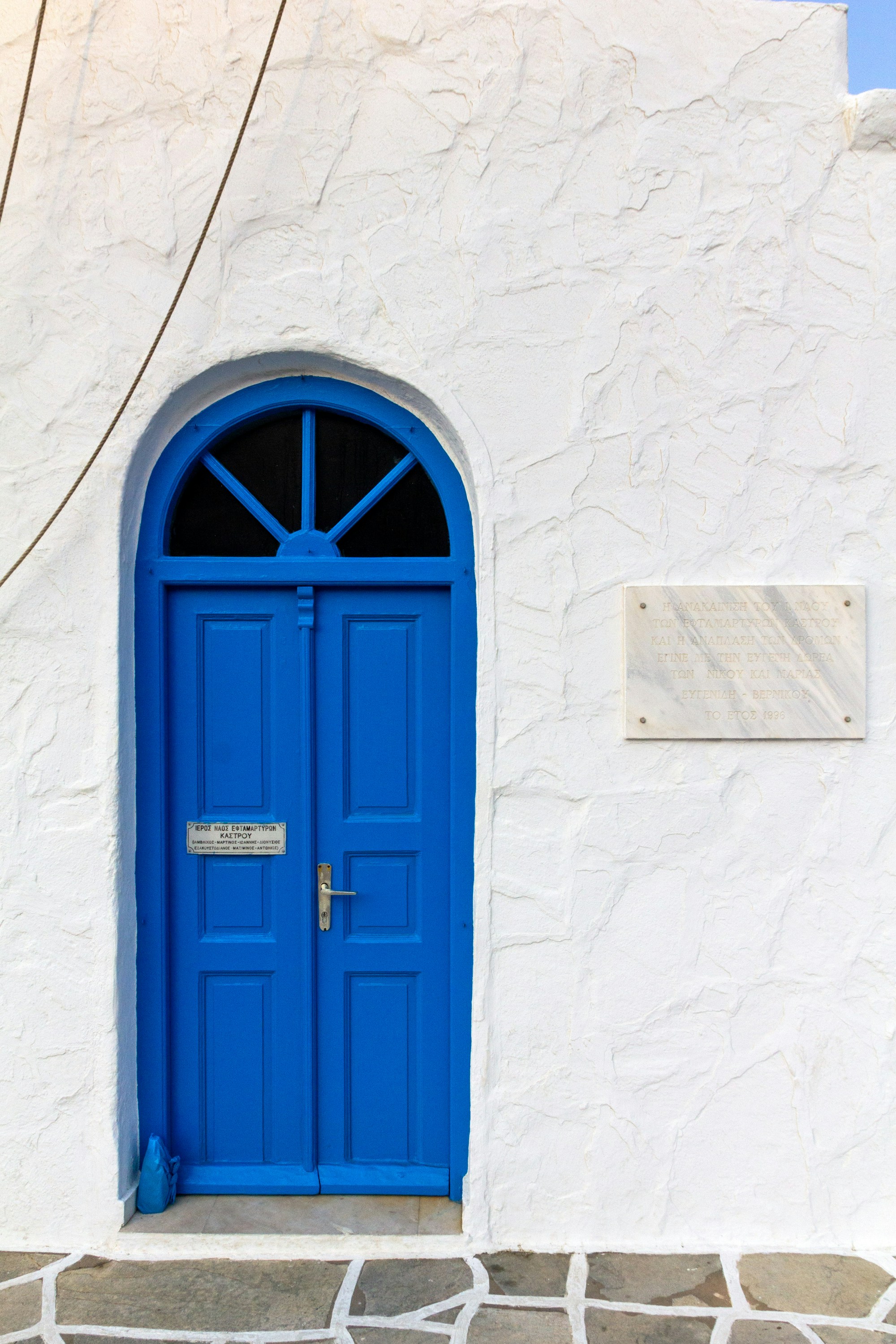Explore Sifnos: Local History, Customs, and Festivals Guide
Discover Sifnos: Uncover its rich history, vibrant customs, and lively festivals in this detailed local guide.

Explore Sifnos: Local History, Customs, and Festivals Guide
Introduction to Sifnos
Nestled in the heart of the Cyclades, Sifnos is a Greek island that promises an authentic Mediterranean experience brimming with history, customs, and vibrant festivals. Known for its white-washed architecture, ancient ruins, idyllic beaches, and culinary delights, Sifnos is a treasure trove of experiences waiting to be discovered.
Historical Context
Sifnos' history dates back to ancient times, with archaeological findings suggesting that the island has been inhabited since the early Bronze Age. The island flourished during the Archaic period, becoming renowned for its wealth accumulated through gold and silver mines. This affluence is reflected in the numerous coinage findings and the exquisite architectural remnants from that era.
The island's prominence continued through the Classical and Hellenistic periods. During the Byzantine era, Sifnos was an important religious hub, with many churches and monasteries erected, some of which are still standing today, such as the Monastery of Chrissopigi. Venetian and Ottoman occupations also left their marks, with fortified settlements and unique cultural amalgamations.
Local Customs and Traditions
Despite modern influences, Sifnos has managed to preserve its traditional customs and practices. The islanders are known for their warm hospitality, a tradition termed 'philoxenia' which translates to 'love of strangers.' It is customary for visitors to be offered local delicacies and drinks as a gesture of welcome.
Pottery
Sifnos has a long history of pottery, dating back to ancient times. The island’s clay is uniquely conducive to pottery, and local artisans continue to produce beautiful ceramics. Visitors can often find these intricate works in local markets or even partake in pottery workshops.
Gastronomy
Sifnian cuisine is an integral part of its culture. The island is famous for its chickpea soup ('revithada'), which is traditionally cooked in clay pots, and 'mastelo,' a dish made of lamb or goat with wine and dill, slow-cooked in a clay pot. Sweets like 'amygdalota' and 'melopita' are must-tries.
Religious Practices
Religious life plays a significant role in the daily lives of Sifniots. The island is dotted with over 360 churches and chapels, each with its patron saint. Many of these churches host annual feast days, where locals gather to celebrate with music, dancing, and communal meals.
Festivals
Sifnos is known for its lively festivals that blend religious devotion with communal cheer. Here are some of the main festivals celebrated on the island:
Panagia Chrysopigi
Celebrated 40 days after Easter, this festival honors the island's patron saint, Panagia Chrysopigi. It involves a picturesque procession of the icon from the monastery to the main town, followed by traditional music, dancing, and feasting.
Feast of Agios Sozon
Held on September 7th, this festival at the chapel of Agios Sozon includes an evening of folk music, dancing, and local delicacies. The chapel, perched on a cliff overlooking the sea, offers a stunning backdrop for the celebrations.
Cultural Festival of Sifnos
Held every summer, this festival features a series of cultural events including concerts, theater performances, art exhibitions, and culinary demonstrations. It’s an excellent opportunity to immerse oneself in the island's vibrant arts scene.
Revithada Saturday
In late January, the islanders celebrate Revithada Saturday, paying homage to the beloved chickpea soup. Locals and visitors gather to cook and share the dish, accompanied by storytelling, music, and dance.
Local Anecdotes and Interesting Facts
- Artemonas: Named after the goddess Artemis, this village is known for its beautiful neoclassical mansions and panoramic views. According to local legend, the goddess herself blessed the area, offering protection to its inhabitants.
- Kamares: The main port of Sifnos, was once a hotspot for pottery production. Today, visitors can still find remnants of ancient kilns and pottery workshops.
- Chrisopigi Monastery: Built in the 17th century, this monastery is believed to have miraculous properties. One popular legend recounts how the Virgin Mary saved the island from pirates by splitting a rock, creating a natural barrier.
- Aghios Symeon: Offers one of the best sunset views on the island. The chapel, located on a hilltop, is accessible by a footpath and is a favorite spot for both locals and visitors to watch the day's end.
Conclusion
Sifnos is a beautiful island that effortlessly blends history, tradition, and modernity. Whether you're a history buff, a foodie, or a festival enthusiast, Sifnos has something to offer. From ancient pottery techniques to delicious culinary traditions and vibrant festivals, a visit to this Cycladic gem promises an unforgettable experience.
